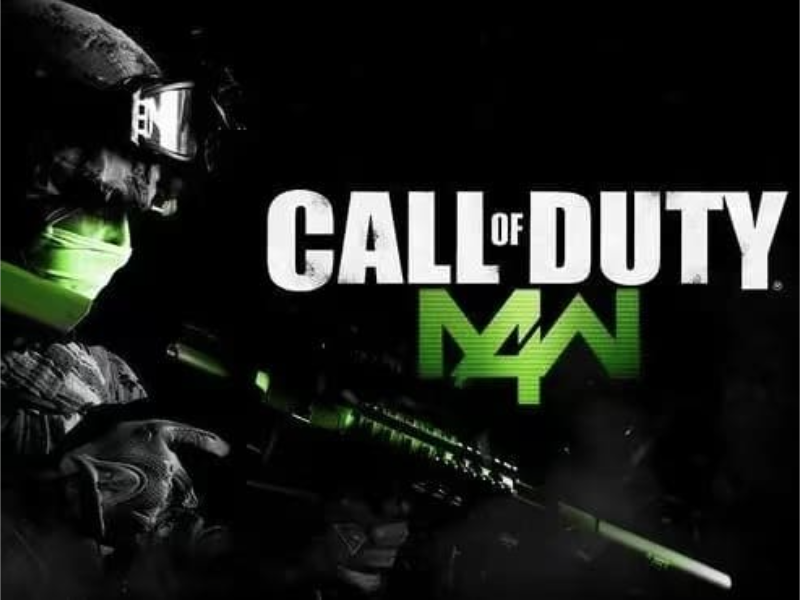- Hollywood video game performers are on strike over the breakdown of negotiations with the main point of contention being the use and protection of AI.
- The union is demanding that performers’ likenesses and voices be protected from being copied and used by non-consensual AI, as well as wage increases in line with inflation and job security guarantees.
OUR TAKE
The Screen Actors Guild of America (SAG-AFTRA) video game performers have launched a strike over the breakdown of negotiations with game publishers over the use of AI and protective measures. The strike is a direct result of concerns that AI may copy performers’ likenesses and voices without their consent and the quest for fair pay, and the union is demanding that gaming companies provide the same protections as other media such as film and television, including fair pay and informed consent.
-Rae Li, BTW reporter
What happened
Video game performers from SAG-AFTRA have launched a strike over disagreements over AI use and protective measures in negotiations with game publishers. This is not the first time they have gone on strike; back in 2016, they stopped working due to failed negotiations. The strike is a straightforward result of concerns that AI may copy performers’ likenesses and voices without their consent and the quest for fair pay.
The strike influences a number of well-known game series, including Grand Theft Auto and Call of Duty. The union has also signed a deal with AI voice company Replica to allow performers to choose whether to authorise their voices in order to protect their rights. The strike sheds light on the ethical and legal challenges of the use of AI in the entertainment industry and how to balance innovation with the protection of performers’ rights.
Also read: Hollywood Unites in AI Strike
Also read: Top tech news stories today: July 19, 2024
Why it’s important
SAG-AFTRA’s strike message is directly related to the use of AI technology in the entertainment industry and its impact on performers’ rights. It highlights performers’ concerns about their likenesses and voices being reproduced and used by AI. It not only reveals the ethical and legal challenges of the application of AI technology in the creative industries, but also reflects the importance of balancing the relationship between the protection of performers’ rights and interests against the backdrop of rapid technological development.
What’s more, the strike has raised public concerns about the potential misuse of AI technology and the copying of performers’ likenesses and voices without their consent. SAG-AFTRA’s agreement with AI voice company Replica is an innovative move by the union to protect performers’ rights. The strike has implications for the video game industry and the use of AI technology in the entertainment industry as a whole, prompting the industry to reconsider how to find a balance between innovation and the protection of performers’ rights.

